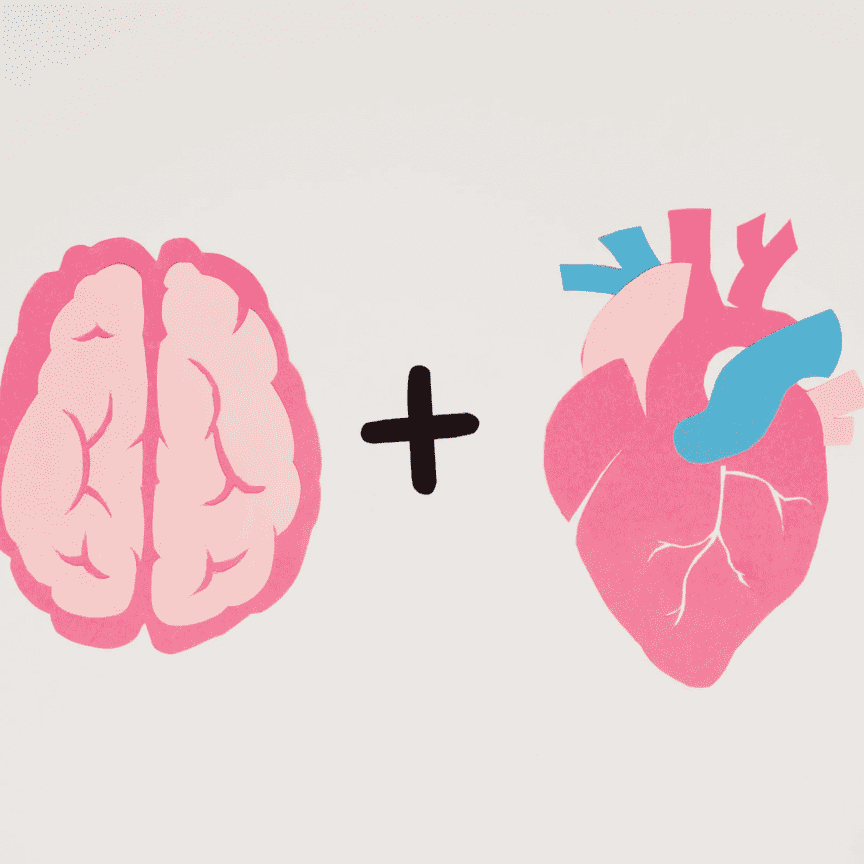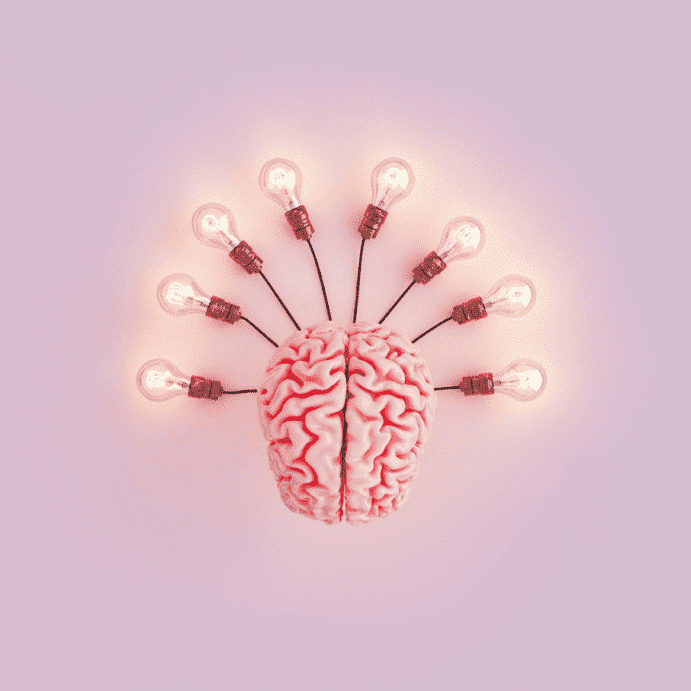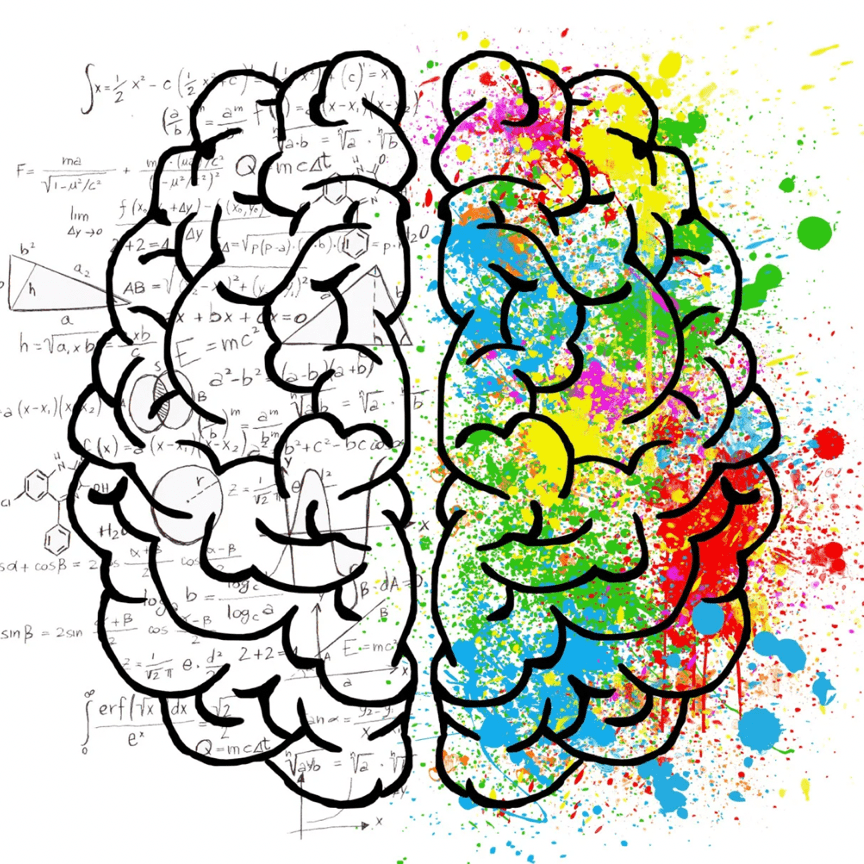Mental Wellbeing
Spiritual Growth and Women's Health
Healthcare professionals play a pivotal role in integrating spirituality into patient care, fostering a more holistic approach to healing. By acknowledging and respecting patients' spiritual beliefs and practices, they can create a supportive environment that enhances emotional resilience and overall well-being.
Learn moreAutumn: Renewal and Self-Reflection
Are there behaviours or thought patterns that are holding you back? Are there habits that make your life feel more difficult or unpleasant? Just as we make room for the changes in nature, autumn calls on us to clear the mental clutter as well.
Learn more8 Habits to Kick for a Healthier Brain This Summer.
Let the sunshine inspire you to make positive changes that will benefit your brain for years to come. Here's to a summer of mental clarity, vitality, and well-being!
Learn moreFertility and Mental Health
Various studies have shown that cognitive behavioural psychotherapy and participation in support groups can reduce stress and mood symptoms while also potentially boosting fertility rates.
Learn moreSpiritual Resilience and Wellbeing.
Spirituality addresses a spectrum of psychological challenges, ranging from low self-esteem to fear and anxiety. It complements mental health treatment by promoting emotional regulation, self-awareness, and hope, irrespective of religious beliefs.
Learn moreCelebrating Neurodiversity
A Conversation on Mind As the Director of Research and Information and co-founder of Agora, I'd like to celebrate different ways of thinking. This week, I will discuss the concept of neurodiversity and emphasise the significance of embracing diverse cognitive perspectives. Breaking Stigmas and Fostering Acceptance Neurodiversity emphasises the absence of a singular "correct" mode of brain operation and instead acknowledges a broad spectrum of perceptions and responses to the world, all of which merit recognition and celebration. The term "neurodiversity" emerged in the 1990s as a response to combat the stigma associated with conditions like autism, ADHD, and learning disorders such as dyslexia. Nowadays is a movement that advocates for the acceptance and support of neurodivergent individuals, those whose cognitive processes differ from the usual and emphasises the cultivation of their strengths and talents. Embracing Neurodiversity at Agora At Agora we enthusiastically embrace the principles of neurodiversity, aiming to foster a society where variations in neurological functioning are recognised and valued just as highly as any other aspect of human diversity. It is estimated that about 1 in 7 individuals (over 15% of the UK population) are neurodivergent, indicating that their brains function, learn, and process information in unique ways. Neurodivergent individuals often face challenges in environments such as schools, university applications, and job searches, where systems are typically designed by the dominant population and may not adequately support their needs. As noted by Australian sociologist Judy Singer, neurodiversity ought to be viewed as a movement for social justice, aimed at fostering equality among individuals who belong to "neurological minorities" ,those whose brains function in non-traditional manners. The People of Determination Initiative In our society, there is still a stigma attached to individuals with neurological differences. However, during my travels in the Middle East, I was struck by the positive way in which neurodivergent individuals were referred to. In the UAE, there is a commitment to creating a world free from discrimination against people with intellectual disabilities. They are officially recognised as "People of Determination" in acknowledgment of their accomplishments across various fields. Creating a More Inclusive Future. The journey toward equality may be lengthy, but even small acknowledgments and appreciations of diversity can foster tolerance and inclusion. These, in turn, contribute to enhance the well-being and mental health of countless individuals, thereby making our society and world better places to live in. With more people participating and collaborating towards progress and improvement, we can collectively create positive change. As I conclude, know that you are not alone on this path to better health and wellness. Your journey is unique but together we form a community of strength and support. Let’s thrive together, Cristina x
Learn moreDiscovering and Maintaining Your Inner Calm
Focusing on the present moment, letting my senses guide me, and pausing anxious thoughts bring about a lasting internal calm that lingers throughout the day.
Learn more









